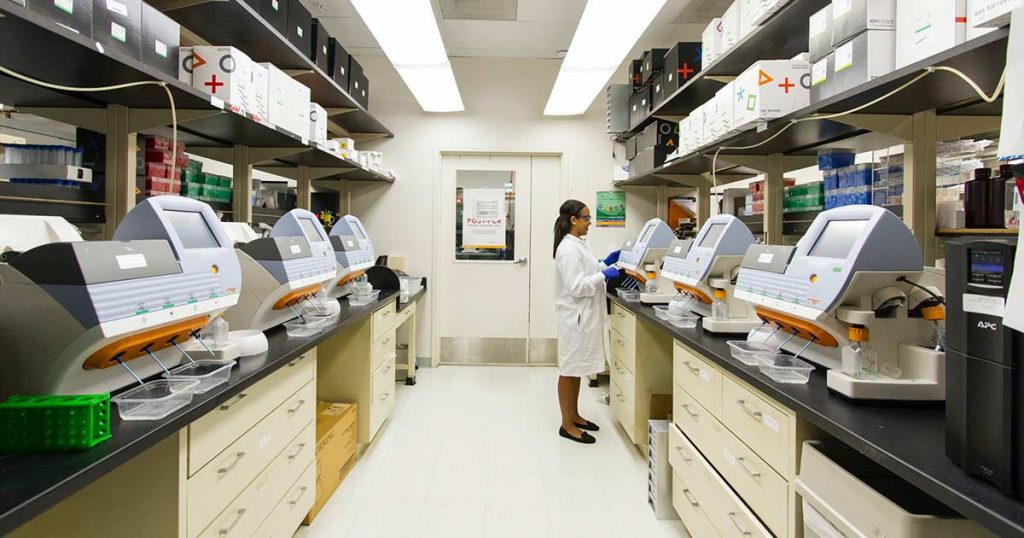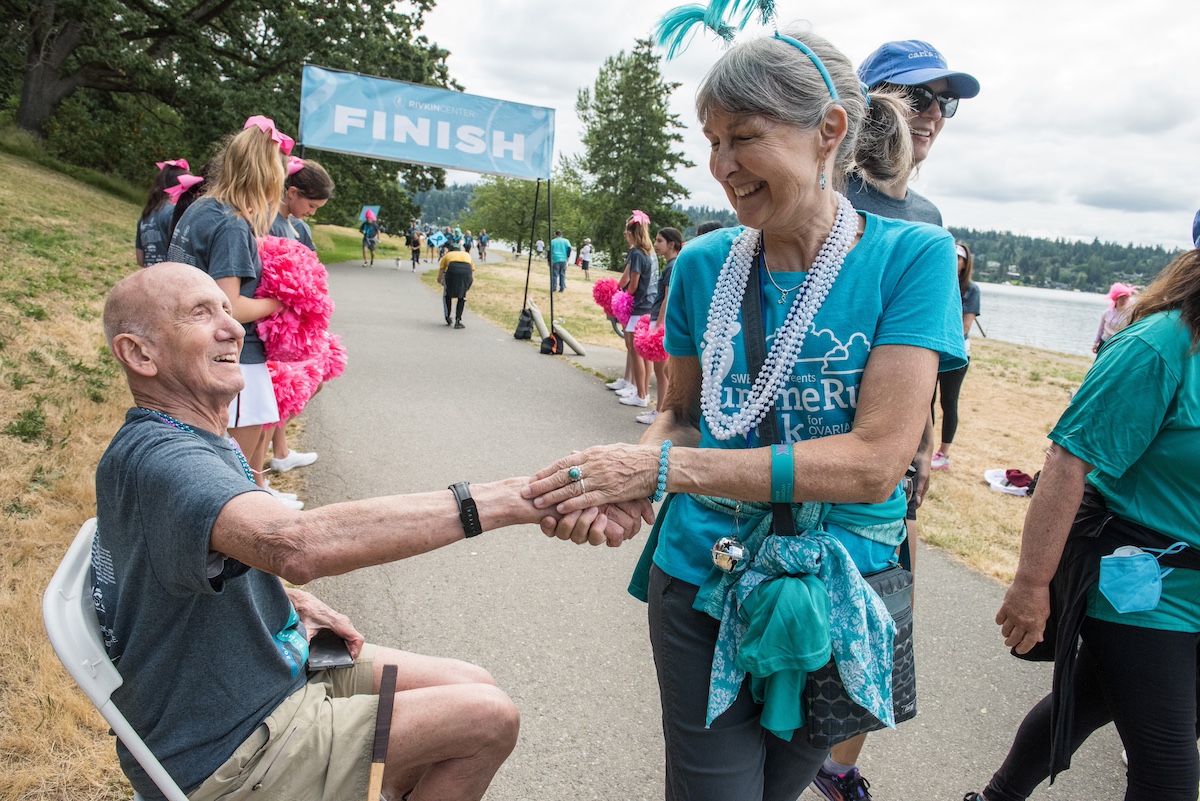
(April 15) The novel coronavirus, COVID-19, has become nearly all consuming. It’s impossible to turn on the news, browse social media, or walk outside without being reminded of the new, albeit temporary, state of the world. In an effort to control, slow, and hopefully stop the spread of COVID-19, drastic public health measures have been put in place.
These measures have had a resounding ripple effect—upending not only the economy, but the health system in areas otherwise unrelated to the virus.
What’s happening with cancer clinical trials as the world fights COVID-19?
One of the innumerable consequences of the novel coronavirus pandemic has been disruption of oncology clinical trials.
Site closures, travel restrictions, limited resources, and quarantines are pressuring trial sponsors to either pause research, or amend their protocols to keep patients safe and maintain trial integrity. As a result, hundreds of trials have been suspended, modified or postponed.
Are you an ovarian cancer patient currently in treatment and/or participating in a clinical trial? We want to hear from you.
These decisions have not been made lightly. Patient safety remains the top priority for trial sponsors, and in some cases it’s infeasible to keep trials active while adhering to public health guidelines. Additionally, many patients, especially immunocompromised patients, don’t feel comfortable making extra trips to the doctor’s office to comply with protocol requirements.
While trial closures and modifications are necessary to reduce the spread of COVID-19 and keep the community safe, disruptions may prevent patients from accessing potentially lifesaving therapies. This is especially true for ovarian cancer patients who have few FDA-approved treatment options.
Government agencies are seeking solutions.
Thankfully, government agencies are quickly responding to the pandemic and working hard to prioritize cancer research and keep trials on track as much as possible—recognizing delays now could translate into future delays bringing new drugs to market.
The National Cancer Institute (NCI) issued an Interim Guidance for Clinical Trials affected by the Novel Coronavirus on March 13, 2020 and the Federal Food and Drug Administration (FDA) followed suit, issuing a guidance of their own on March 18th: Guidance on Conduct of Clinical Trial of Medical Products during COVID-19 Pandemic. Together, these documents outline a series of modifications trials are permitted to make in response to COVID-19. Such modifications include the incorporation of telehealth, off-site trial activities (drug administration, lab collection, general assessments), and changes to the study schedule. This new flexibility allows trials, when appropriate, to remain active without jeopardizing trial integrity.
While these documents do not provide a catch-all solution, it demonstrates the priority this issue is taking among government agencies.
OCRA is advocating on behalf of the ovarian cancer community.
OCRA has joined with other cancer advocacy groups to create a working group that’s evaluating how best to respond to the situation and assessing potential policy solutions. As part of this effort, we are soliciting patient stories describing firsthand experience of cancer patients actively participating in a clinical trial during this time of great uncertainty.
If you’re currently in treatment and/or are participating in a clinical trial, we want to hear from you.
If you are willing to share your experience in the time of COVID-19 to help better understand how to address issues relevant to the cancer community, please complete the survey below.
Interested in learning more about clinical trials? Find answers to common questions, and read a recent study co-authored by Research Advocate and ovarian cancer survivor Annie Ellis about trial participation.


